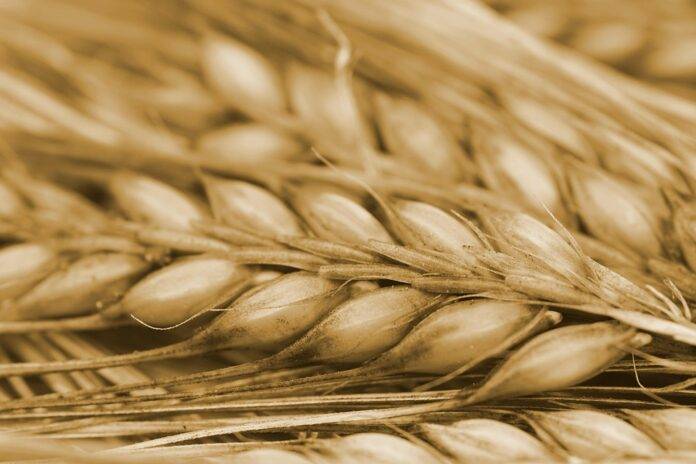Introduction
Barley is a crucial crop that plays a significant role in the global food supply chain, particularly in the production of beer and livestock feed. However, climate change is posing a severe threat to the global barley supply and quality. In this report, we will explore how climate change is affecting the production of barley worldwide, the implications for the industry, and potential solutions to mitigate these impacts.
Impact of Climate Change on Global Barley Supply
Changing Weather Patterns
One of the primary ways in which climate change is affecting global barley supply is through changing weather patterns. Extreme weather events such as droughts, floods, and heatwaves have become more frequent and severe due to climate change. These events can significantly impact barley production by reducing yields and lowering quality.
According to a report by the Intergovernmental Panel on Climate Change (IPCC), barley yields are projected to decrease by up to 17% by 2100 if global temperatures continue to rise at the current rate. This reduction in yields could have dire consequences for the global barley supply chain, leading to shortages and price increases.
Water Scarcity
Water scarcity is another major concern for barley production in the face of climate change. Barley is a water-intensive crop, requiring adequate irrigation to ensure healthy growth and high yields. However, water resources are becoming increasingly scarce in many barley-growing regions due to changing precipitation patterns and increased evaporation rates.
In regions such as Australia, where barley is a key crop, water scarcity is already a significant issue. The Murray-Darling Basin, Australia’s most important agricultural region, is experiencing prolonged droughts and declining water levels in rivers, leading to reduced barley production and quality.
Implications for the Industry
Financial Impact
The impact of climate change on global barley supply and quality has significant financial implications for the industry. Decreased yields and lower quality barley can lead to higher production costs for farmers, as they may need to invest in additional irrigation or pest control measures to maintain crop health.
Furthermore, shortages in the global barley supply can drive up prices for breweries and livestock farmers, leading to increased production costs and potentially lower profit margins. This could ultimately result in higher prices for consumers of barley-based products such as beer and livestock feed.
Supply Chain Disruption
Climate change-induced disruptions to the global barley supply chain can have far-reaching consequences for the industry. Shortages in barley supply can lead to delays in production for breweries and livestock feed manufacturers, impacting their ability to meet consumer demand.
Additionally, fluctuations in barley quality due to climate change can affect the taste and consistency of beer, potentially leading to consumer dissatisfaction and reduced sales. Livestock farmers may also face challenges in maintaining the health and productivity of their animals if the quality of barley feed is compromised.
Potential Solutions
Adaptation Strategies
In response to the challenges posed by climate change, the barley industry is exploring various adaptation strategies to mitigate its impacts. One approach is the development of drought-resistant barley varieties that can withstand water scarcity and extreme weather conditions.
Research is also being conducted on innovative irrigation techniques, such as drip irrigation and precision agriculture, to optimize water use and improve barley yields. Additionally, improved pest and disease management practices can help protect barley crops from the impacts of climate change.
Sustainable Practices
Embracing sustainable agricultural practices is essential for the long-term resilience of the barley industry in the face of climate change. Practices such as crop rotation, cover cropping, and reduced tillage can help improve soil health, water retention, and biodiversity on barley farms.
Furthermore, investing in renewable energy sources and reducing greenhouse gas emissions in barley production can help mitigate the effects of climate change on the industry. Collaborative efforts between stakeholders across the barley supply chain are crucial for implementing sustainable practices and ensuring the future viability of barley production.
Conclusion
In conclusion, climate change is posing a significant threat to the global barley supply and quality. Changing weather patterns, water scarcity, and supply chain disruptions are just some of the challenges facing the industry. However, with proactive adaptation strategies and sustainable practices, the barley industry can work towards building resilience and ensuring a stable supply of high-quality barley for the future. It is imperative for industry stakeholders to come together to address the impacts of climate change and secure the sustainability of barley production worldwide.


